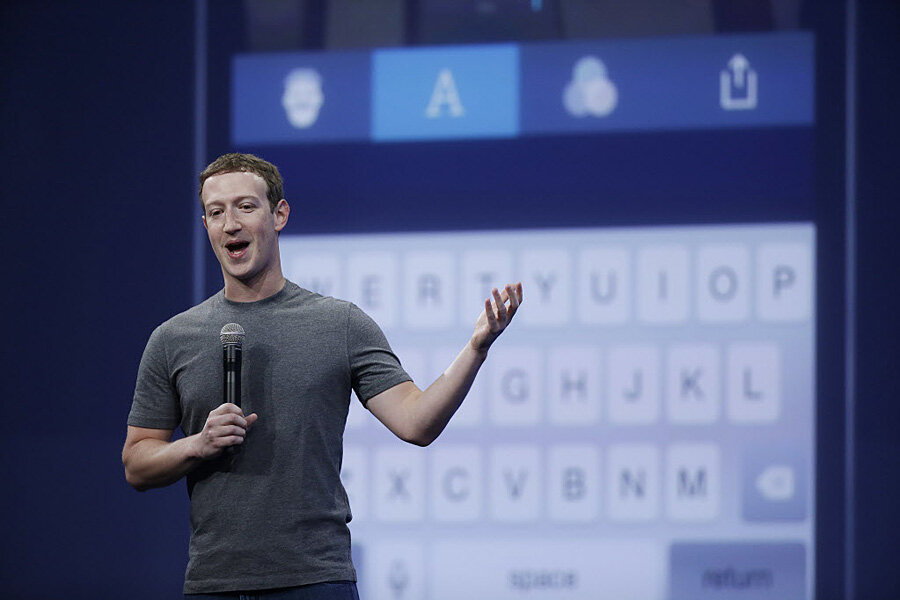Mark Zuckerberg: Kids playing video games can lead to programming career
Loading...
Mark Zuckerberg, CEO of the global social-media giant Facebook, answered an important question in his Townhall Q&A on May 14th: "What was your favorite video game as a kid? Did that lead into any programming to get to where you are now?"
His answer? Civilization, a game that he still plays today, designing an economy, developing science, and trying to keep everyone peaceful. And, yes, playing video games helped him get into programming.
Zuckerberg pointed out that he hears a lot of parents voicing concerns about their kids playing video games when many parents would love to see their children in technology-focused careers.
"I actually think giving people the opportunity to play around with different things is actually one of the best things to help people explore." (see the video of his Town Hall Q&A on Facebook)
Experimentation is paramount, according to Zuckerberg, who says that he definitely would not have gotten into programming if he hadn't played video games as a kid.
Critics of video games, mainly parents, say that excessive screen time takes away from hours that could be spent building relationships with your family, according to an April Reuters report.
However, others have seen the educational value in digital adventures.
Minecraft is an "open-ended video game that lets players build virtual houses and communities with a few simple keystrokes," according to Slate Magazine. It is especially popular among kids, who can spend hours building and planning.
Minecraft's website has more than 19,500,000 purchases of the computer version of the game and has almost 12,000,000 likes on Facebook. While the game has been widely disputed among parents, many are recognizing its educational value.
Joel Levin, a second-grade teacher at Columbia Grammar and Preparatory School in New York City, tells Slate Magazine that he has adapted Minecraft for his classroom, making it a space where his students can work together to solve problems and build decision-making skills. He says that he decided to introduce Minecraft into his classroom when he saw the incredible experience his 5-year-old daughter was having with it.
Lisa Guernsey, author of the article and mother to two Minecraft-obsessed girls, agrees.
"Minecraft has many markers of what makes for a good learning environment: child-initiated projects, deep engagement, challenging tasks that push kids to persist and reach higher goals, excitement over what has been learned or discovered, tools for writing, and multiple modes of play that enable kids (and adults) to mold the game to their liking."
Zuckerberg may have gotten it right when he said that video games taught him the skills needed to work in a tech career.
"I made a lot of games for myself, and they were terrible, but this was how I got into programming."







